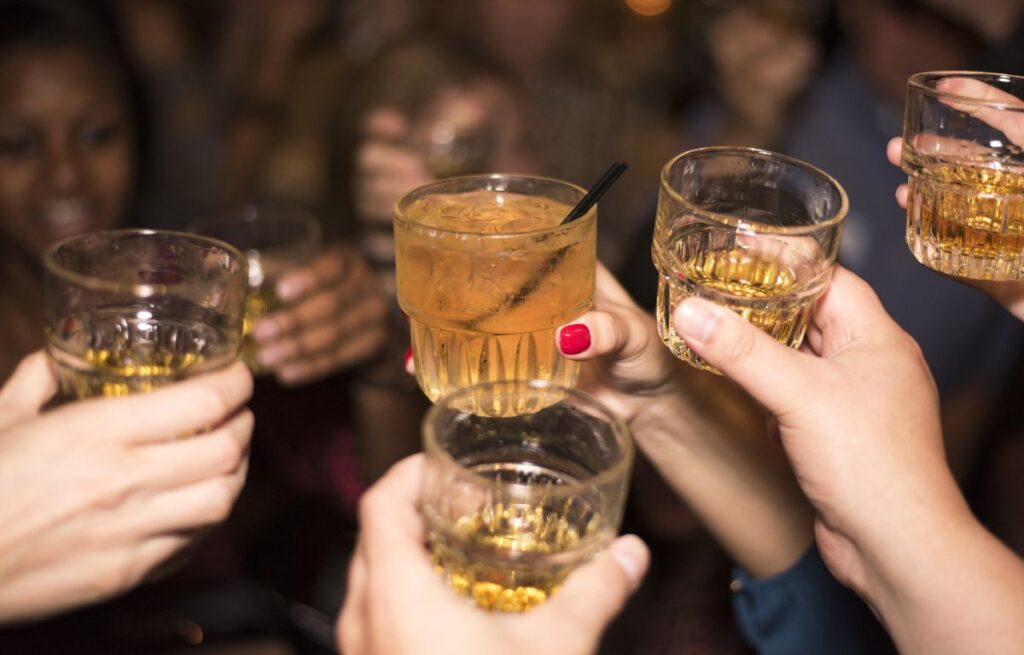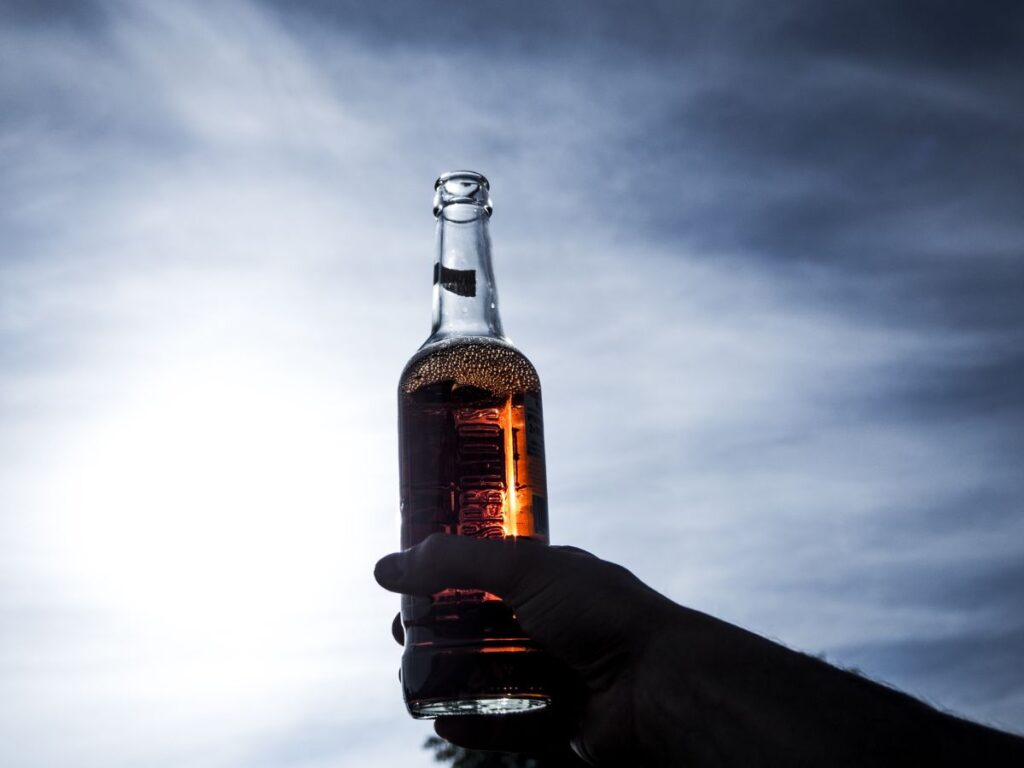What Really Happens to Your Body When You Drink on an Empty Stomach — The Hidden Dangers No One Talks About

What Really Happens to Your Body When You Drink on an Empty Stomach — The Hidden Dangers No One Talks About
Drinking alcohol may seem simple, but once it enters your body, it goes on a fast and interesting journey. Knowing what happens inside can help you understand why drinking too much, or drinking on an empty stomach, can be risky.
Alcohol’s First Stop Is Your Stomach and Intestines
The moment you take a sip, about one-fifth of the alcohol goes straight into your blood through the lining of your stomach. The rest quickly moves into your small intestine, where it’s absorbed even faster. If you drink on an empty stomach, there’s nothing to slow the alcohol down. That means it shoots into your bloodstream quickly and makes you feel the effects much faster. If you eat before drinking, food keeps the alcohol in your stomach a little longer so it enters your blood more slowly.
How Your Blood Carries Alcohol
Once in your blood, alcohol travels everywhere, to your brain, liver, lungs, and kidneys. You might notice your face turning red or feeling warm because alcohol makes your blood vessels wider. But that warmth is tricky, your body actually loses heat faster, which can make you cold after a while. Your blood pressure may also drop.
The Brain Feels Alcohol First
Your brain is very sensitive to alcohol. At first you might feel happy or relaxed because alcohol lowers your inhibitions. But as you drink more, it slows down the parts of your brain that help you think and stay in control. You may start to slur your words, lose your balance, or see things a bit blurry. There’s no quick way to “sober up”, your body needs time to process the alcohol.

What Your Liver Does
Your liver works like a filter, breaking down about one unit of alcohol every hour. It turns most of it into water and carbon dioxide. If you drink faster than your liver can process, the extra alcohol stays in your blood, making you drunker for longer. Drinking heavily over time can hurt your liver and lead to serious health problems.
Your Kidneys and Lungs Join In
Alcohol makes you need to pee more because it is a diuretic. This can lead to dehydration, which is one reason you may feel thirsty or get a headache the next day. If your drink is fizzy, tiny amounts of alcohol can even pass from your lungs into your bloodstream.
Why Age and Body Size Matter
Alcohol doesn’t affect everyone the same way. Youngsters and teenagers are more sensitive because their brains are still growing. Older adults often get drunk faster because they have less water in their bodies. People with a smaller body size also feel the effects more quickly than larger people.
Risks of Hypoglycemia
When you drink alcohol, your liver puts all its energy into breaking down the alcohol instead of keeping your blood sugar steady. If you haven’t eaten, your blood sugar is already low, which raises the chance of hypoglycemia, a sudden drop in blood sugar. This is especially risky for people with diabetes.
The tricky part is that the signs of hypoglycemia, like sleepiness, slurred speech, confusion, and feeling sick, can look just like the effects of being drunk. That makes it hard to know whether someone is simply intoxicated or actually having low blood sugar. While hypoglycemia from drinking is uncommon in people without diabetes, it can still happen, particularly if you drink on an empty stomach. In extreme cases, drinking too much too quickly can be dangerous and lead to injury or even death.
Moreover, a hangover can leave you with headaches, nausea, mood swings, or trouble focusing. Drink plenty of water, get some rest, and eat simple foods like toast or crackers. Avoid taking pain relievers that can harm your liver if you drink often.
Disclaimer: This article is for general information only and is not medical advice. If you have questions about alcohol and your health, talk to a doctor or health professional.












